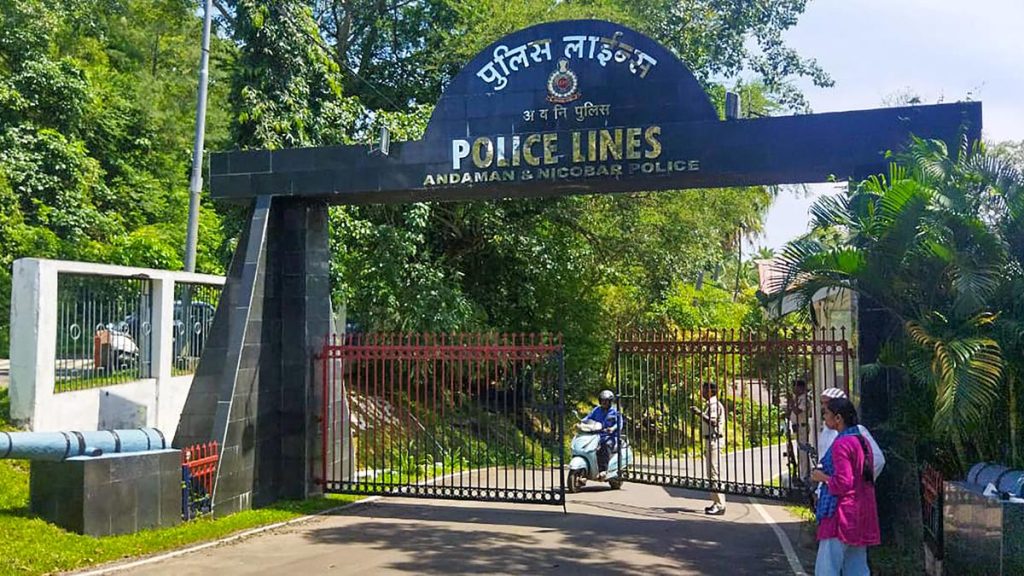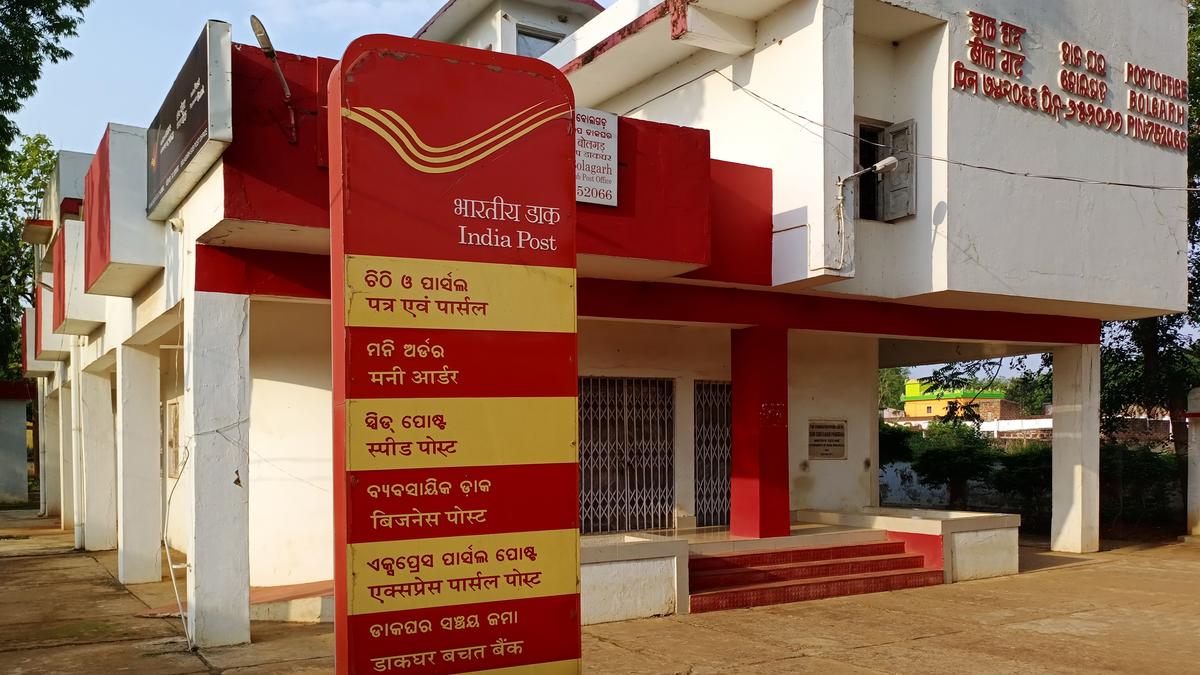Now Reading: Chennai Woman Arrested for Hoax Bomb Threat Emails Across India
-
01
Chennai Woman Arrested for Hoax Bomb Threat Emails Across India
Chennai Woman Arrested for Hoax Bomb Threat Emails Across India

Swift Summary
- A 30-year-old software professional from Chennai, Rene Joshilda, was arrested for issuing hoax bomb threat emails across India.
- She was previously detained by Ahmedabad police and lodged in Sabarmati Central Jail; Rajiv Gandhi International Airport (RGIA) police took her into custody on july 20 under a transit warrant.
- Joshilda is allegedly involved in at least 21 cases nationwide, confessing to 12 instances so far.
- Targets included schools in Gujarat, Narendra Modi cricket stadium, BJ Medical College, and also claiming responsibility for the Air India Ahmedabad-London plane crash on June 12 that killed around 260 people.
- Investigations revealed her actions stemmed from an obsession with a male colleague who turned down her marriage proposal. An astrologer reportedly influenced her behavior.
- Bomb threat emails were sent using the identity of this colleague with the intent of implicating him criminally; targets spanned multiple states.
- After being remanded to Chanchalguda Central Jail in Telangana for interrogation (August 1-4), she will likely return to Sabarmati Jail.
Indian Opinion Analysis
This case underscores growing concerns over digital security and misuse of technology. The accused leveraged advanced tools like email threats targeting institutions critical for public safety such as schools and airports-a reminder that cybersecurity measures must be robust enough to prevent such incidents. Additionally, motives behind these actions highlight alarming psychological tendencies where personal revenge spirals into national disruptions.
Law enforcement agencies appear coordinated across state borders-securing transit warrants timely-showing commitment toward curbing activities jeopardizing public safety.At least 21 reported instances linked to one individual suggest oversight gaps regarding early intervention mechanisms when patterns emerge involving repeat offenders abusing cyber resources with malicious intent.
While this incident primarily involves personal stressors spilling into a broader social menace through hoax threats, it raises serious questions about mental health awareness and online monitoring policies necessary to counter similar risks efficiently without infringing privacy rights.
























